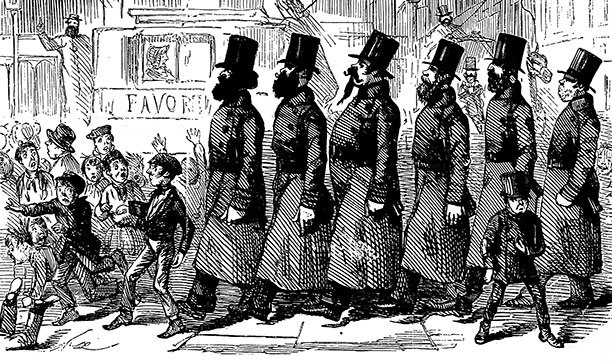Police Politics
The recent introduction of police commissioners to England and Wales is supposed to bring the force closer to the people. But, asks Clive Emsley, where is the evidence for that?
 Did you vote on November 15th, 2012? Do you remember that there was an election on that day? It was for police and crime commissioners in England and Wales. The turnout, as predicted, was poor. It was said that people knew nothing about the elections. The muffled arguments in favour were, essentially, that in preference to an anonymous police committee, citizens would be more engaged and would see their problems dealt with more readily as they would be able to put these to an elected official. That official, with the power to hire and fire, could more easily bring civilian concerns before the chief constable and ensure that something was done. The fears expressed in opposition to the proposal focused on the question of whether this was making the police political.
Did you vote on November 15th, 2012? Do you remember that there was an election on that day? It was for police and crime commissioners in England and Wales. The turnout, as predicted, was poor. It was said that people knew nothing about the elections. The muffled arguments in favour were, essentially, that in preference to an anonymous police committee, citizens would be more engaged and would see their problems dealt with more readily as they would be able to put these to an elected official. That official, with the power to hire and fire, could more easily bring civilian concerns before the chief constable and ensure that something was done. The fears expressed in opposition to the proposal focused on the question of whether this was making the police political.





